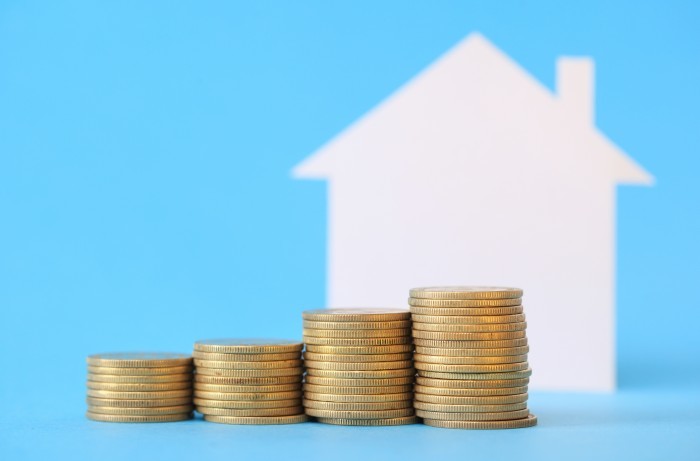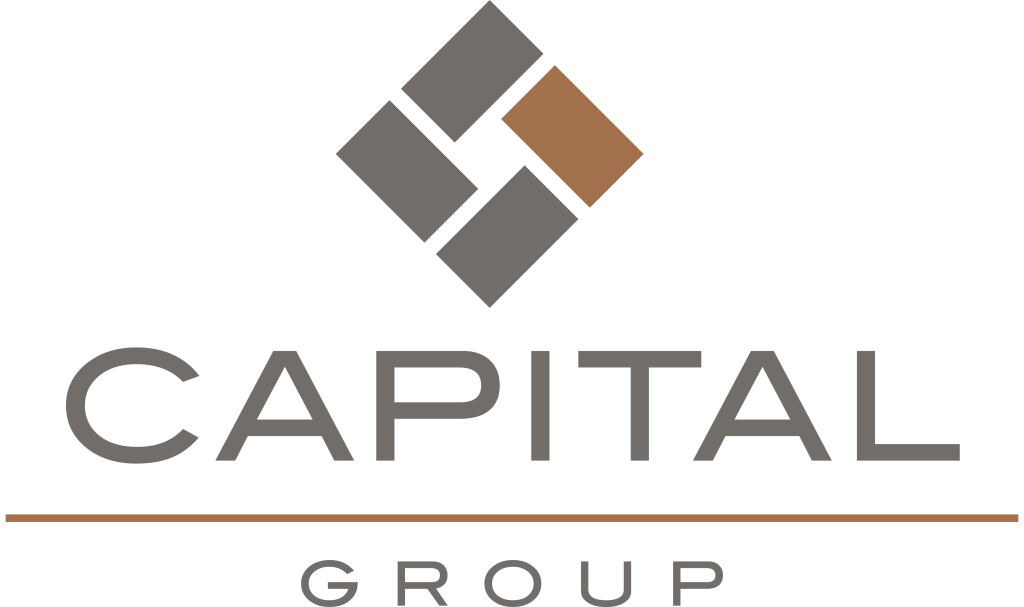
19 Nov The Cost of Homeownership
The cost of homeownership is a factor that anyone considers when deciding whether to purchase or rent a home. This article breaks down homeownership costs, so you know exactly what to expect once you decide to buy.
How Much Will Buying a Home Cost Me?
By Emmet Pierce on Realtor.com
One of the first things potential homebuyers want to know is how much money they will have to come up with to make a purchase. The amount will depend on such things as the cost of the home and the kind of loan they use to finance the purchase. Three major upfront expenses are the earnest money deposit, the down payment and closing costs.
The earnest money deposit is submitted when you make an offer on a home. The purpose is to prove to the seller that you are sincere about buying the property. This is especially important in a competitive situation, when others may be negotiating to buy the same home. Typically, a deposit of 1% of the home’s purchase prices is adequate. “If a property is a hot commodity, the higher the deposit the better the chance that the offer will be accepted,” said David McDonald, a past director of the California Association of Mortgage Professionals. If the offer is accepted, the sum will be placed in an escrow account and applied to the down payment, closing costs or both at closing. Although the deposit is subject to forfeiture if the buyer changes his or her mind without a good reason, such forfeitures are rare.
The down payment is one of the main barriers to home ownership, since many consumers have trouble saving the 20% of the purchase price that mortgage lenders often require. A down payment of 20% or more usually will exempt you from the expense of buying private mortgage insurance (PMI). Such insurance protects lenders when buyers default on their loans. If you can’t come up with a large down payment, don’t despair. There are public and private agencies, such as Freddie Mac, Fannie Mae, the Federal Housing Administration, and the Department of Veterans Affairs, that provide loans that require lower down payments. Using such programs, many first-time homebuyers are able to make a purchase with just 3.5% of the cost of the home (sometimes even less!) Talk to several brokers or lenders and compare their products to ensure that you find the loan that is right for you.
The third major upfront expense you will face as a homebuyer is closing costs. When you apply for your loan, your lender must give you an estimate of these costs. They are associated with processing paperwork and may include title searches, attorney fees, survey fees, and deed-filing costs. Closing costs generally range between 2% and 7% of the property value, adding thousands of dollars to the cost of buying your home. Many of the lender’s fees are negotiable and may even be waived so don’t be shy about asking. These include application fees, document preparation fees and loan processing fees. You can also have your agent negotiate with the home seller to structure your purchase so that the seller will pay for some or all of the closing costs.
Being well informed is essential to making a good purchase. Make sure you understand all of the expenses involved. Don’t proceed with a home purchase until all of your questions are answered.


